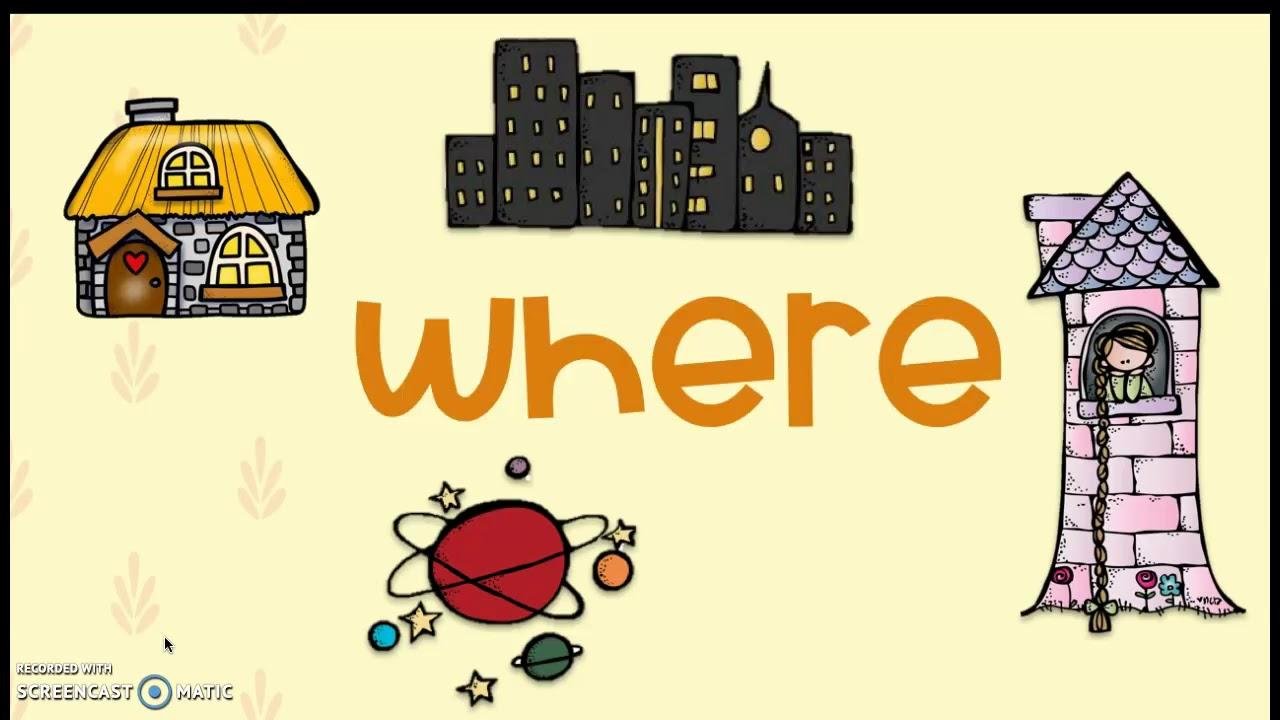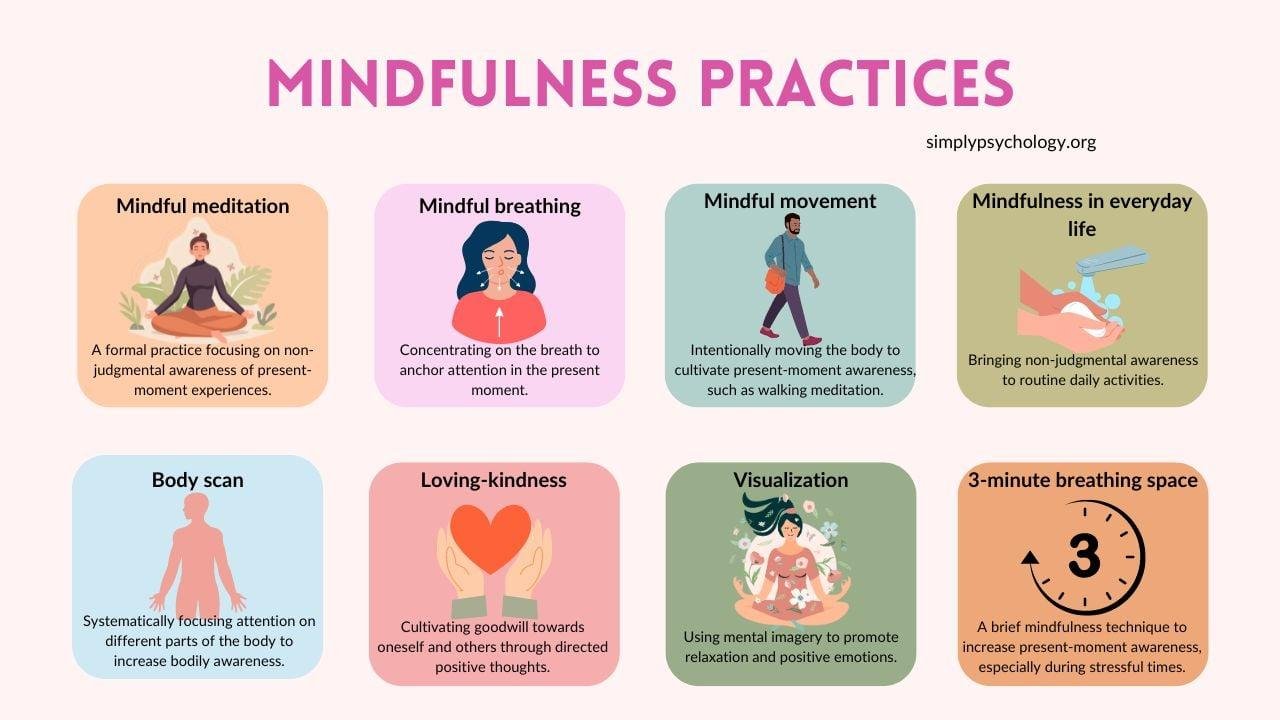As the end of the year approaches, parents of young children may find themselves facing meltdowns and tantrums more frequently. To help navigate this challenging time, child psychologists have come up with 11 valuable tips for kids aged 3-10. By implementing these strategies, you can help your child stay calm, happy, and emotionally balanced as the year comes to a close. Let’s explore these expert tips together in order to create a harmonious end of year experience for both child and parent.
Setting Realistic Expectations for the Holiday Season
As the holiday season approaches, it’s essential to set realistic expectations to prevent end-of-year meltdowns. Child psychologists recommend creating a balance between fun activities and downtime to avoid overwhelming children aged 3-10. Encourage open communication with your child and listen to their needs. Be flexible with schedules and remember that perfection is not the goal. Instead, prioritize quality time together and cherish the special moments shared during this festive season.

Creating Consistent Routines for Balance and Stability
Having consistent routines is crucial for maintaining balance and stability in a child’s life. This helps them feel more secure and in control, reducing the likelihood of meltdowns or behavioral issues. To create a harmonious daily schedule, try incorporating regular bedtime and wake-up times, consistent meal times, and dedicated play and study times. Encouraging physical activity and creative outlets can also be beneficial for maintaining a healthy routine. Remember to be flexible and understanding, as unexpected changes may arise. By establishing and sticking to these routines, you can help your child navigate their day with ease and minimize end-of-year meltdowns.
Encouraging Open Communication and Validation with Children
is crucial in preventing end of year meltdowns. Here are some tips from child psychologists that can help kids aged 3-10 navigate the end of the school year smoothly. Listen actively: Pay attention to your child’s thoughts and feelings without interrupting. Empathize: Show understanding and validate their emotions, even if you don’t agree with their viewpoint. Create a safe space: Foster an environment where your child feels comfortable sharing their concerns and worries. Set realistic expectations: Help them manage their time and responsibilities effectively. Praise effort: Encourage and acknowledge their hard work and accomplishments. Practice mindfulness: Teach your child relaxation techniques to manage stress. Spend quality time together: Bonding activities can strengthen your relationship and build trust. Encourage problem-solving: Help your child brainstorm solutions to challenges they may face. Celebrate successes: Acknowledge and celebrate milestones, big or small. Seek professional help if needed: If your child is struggling, don’t hesitate to consult with a child psychologist for guidance. Stay positive: Keep a positive attitude and offer reassurance during stressful times.
Practicing Mindfulness and Stress-Reducing Techniques Together
By incorporating mindfulness and stress-reducing techniques into your child’s daily routine, you can help them navigate the end of the year with ease. As a child psychologist, I recommend the following 11 strategies for kids aged 3-10:
- Practice deep breathing exercises together
- Engage in calming yoga poses
- Encourage positive affirmations
- Teach them to visualize a happy place
- Establish a bedtime relaxation routine
- Limit screen time before bedtime
- Encourage outdoor play and physical activity
- Promote healthy eating habits
- Create a quiet space for meditation
- Model stress management techniques yourself
- Seek professional help if needed
Final Thoughts
As the end of year approaches, remember to take these tips to heart in order to avoid any meltdowns with your child. By implementing simple strategies like maintaining routines, managing expectations, and promoting self-expression, you can create a more peaceful and harmonious holiday season for your family. Remember, it’s important to prioritize your child’s well-being and emotional health, so take the time to listen and communicate effectively with your little one. By doing so, you can ensure a happy and stress-free end of year for both you and your child. Here’s to a peaceful and joyful holiday season for all!


